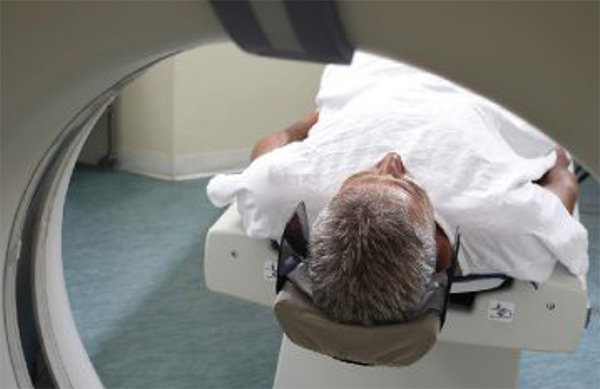Improving Detection with MRI- Ultrasound Fusion Targeted Biopsies
 An important new study found that for men having prostate biopsies, MRI-ultrasound fusion targeted biopsies could improve detection of clinically significant prostate cancer. An MR-fusion prostate biopsy combines magnetic resonance imaging (MRI) and ultrasound imaging to target more suspicious lesions in the prostate.
An important new study found that for men having prostate biopsies, MRI-ultrasound fusion targeted biopsies could improve detection of clinically significant prostate cancer. An MR-fusion prostate biopsy combines magnetic resonance imaging (MRI) and ultrasound imaging to target more suspicious lesions in the prostate.
The analysis included 382 men with increased PSA values but no history of prostate biopsies. Researchers compared the outcomes of MRI-ultrasound targeted prostate biopsies and standard 12-core systematic biopsies in these men.
Prostate cancer was identified in 207 men. Overall, standard 12-core systematic biopsies had a higher detection rate (49.2% vs. 43.5%). However, MR-fusion biopsies detected more Gleason score 7 or greater cancers than standard systematic biopsy (88.6% vs. 77.3%). The majority of the tumors detected with standard biopsies and not MRI-ultrasound fusion biopsies were low-risk.
The authors argue that for men with increased PSA who are considering having their first biopsy, “the outcomes of this study support the practice of prebiopsy MRI followed by selective targeted biopsy as a tool to maximize the identification of high grade cancer and limit the detection of indolence disease in the group of men with abnormal MRI.”
Most insurance companies will not cover a MRI scan in a patient who has never had at least one negative prostate biopsy.
The study was published in The Journal of Urology.











